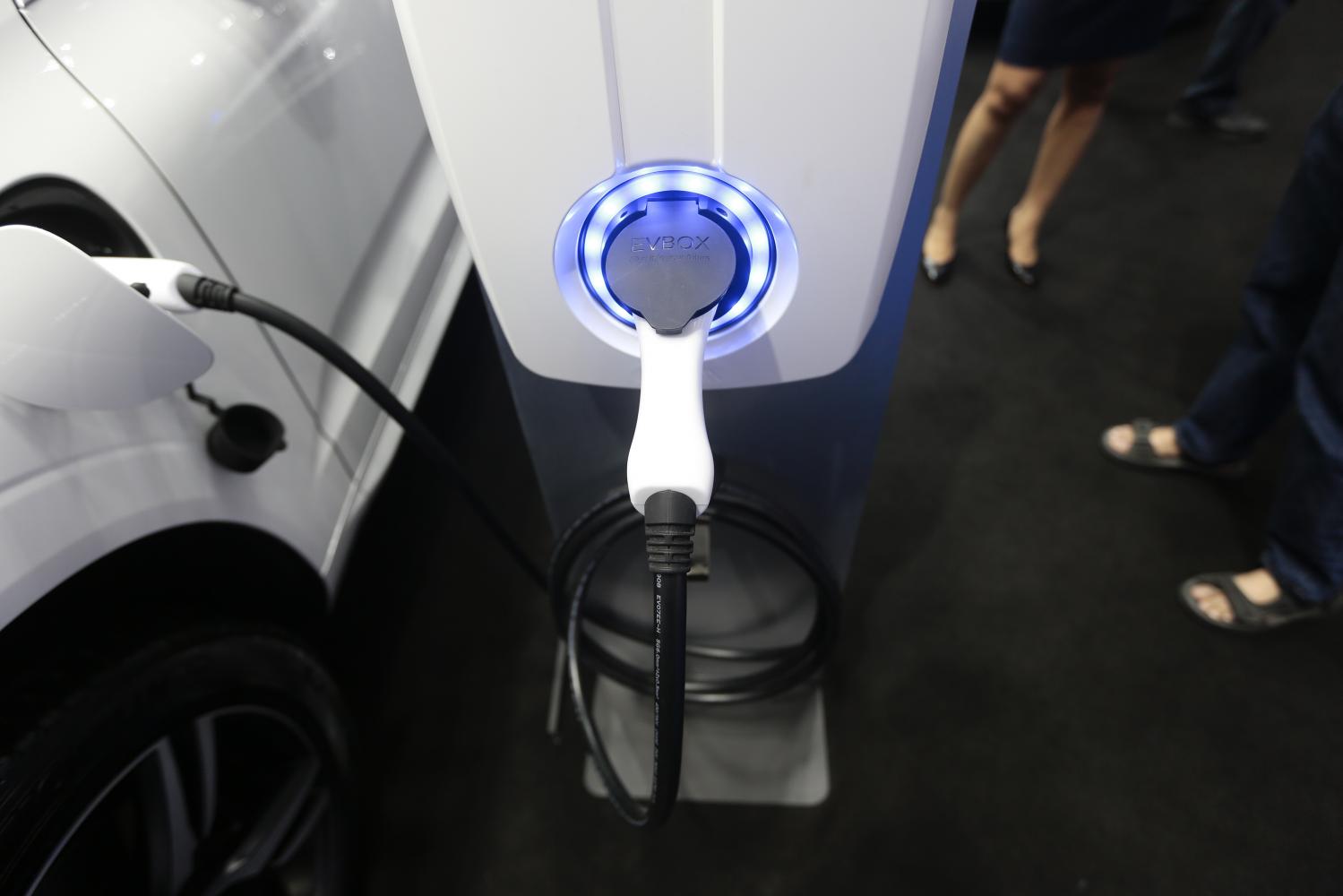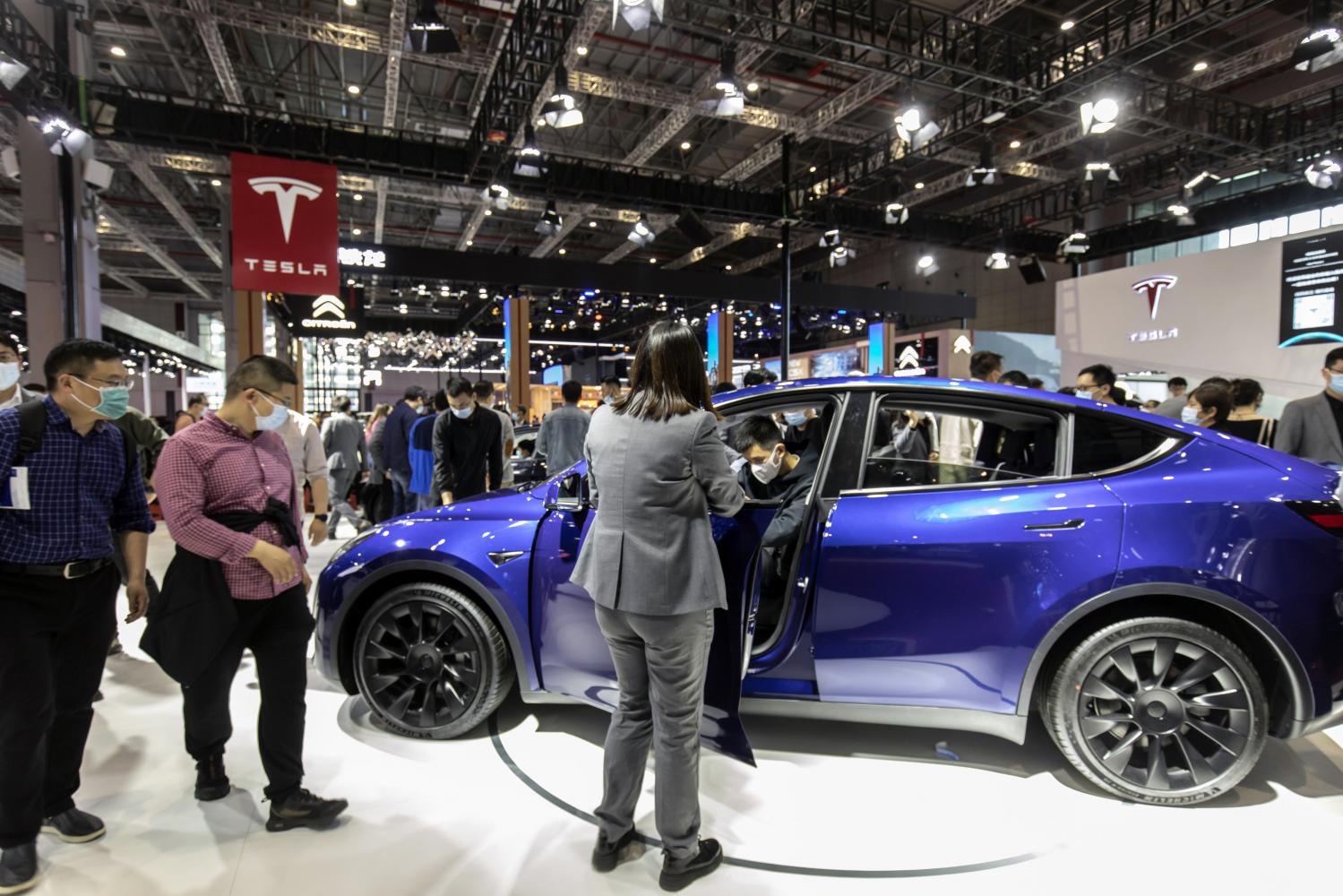
If the world hopes to battle climate change, the automotive market must expedite its transition from gas-guzzling internal combustion engines to electric ones, based on innovative breakthroughs in battery technology.
This means massive government and private sector investment in automotive, battery and other technologies, opening up countless opportunities for savvy investors looking to capitalise on a trend that may prove beneficial to the world.
According to Asia Plus Securities' (ASPS) investment research, the EV industry is expected to see significant growth in the long term.
The global share of electric cars today accounts for only 4-5% of all vehicles produced, but is expected to rise to 10% by 2025 and to 28% by 2030.
Considering these statistics, ASPS recommends long-term investment in EV stocks or other products to tap into the industry's promising potential for growth.
To promote manufacturing and public acceptance of these vehicles, the US and Chinese governments have invested in infrastructure projects for EV charging stations and subsidised the private sector to help reduce production costs, while incentivising purchases of electric cars through tax cuts.
According to ASPS, the US electric car industry, which is the global leader in terms of EV innovation and technology, will greatly benefit from the US government's US$2 trillion infrastructure investment plan to cut carbon emissions and bolster supply chains for automotive companies.
The industry also expects a leg up from the government's policy offering tax breaks to anyone who purchases an EV.
Auto parts and batteries for EVs are becoming more advanced and efficient. Lower production costs and battery prices should result in more affordable EVs, which could spur the industry's growth in the future.
"The interesting foreign EV stocks now include Tesla and Chinese EV manufacturers," said Krittayaporn Dhadasih, head of global investment at ASPS.
"Thai investors can directly invest in these stocks through Thai securities firms or foreign investment funds."

TESLA ON TOP
Considering its market dominance, Tesla Inc is unquestionably the global leader in the manufacture of electric cars, posting net profits for several consecutive quarters.
Although the company recorded only 500,000 EVs delivered in 2020, Tesla's market value is still higher than many major automotive companies combined, said Ms Krittayaporn.
The EV industry in China is also booming, reflected by the rise in the country's electric car sales over the past few years.
Though most Chinese EV-related companies still post net losses, these companies should continue producing EVs until the cost of manufacturing decreases, meaning profits should soon follow, she said.
The Thai government previously rolled out a policy to support production of EVs, boost domestic demand, and set targets to increase use among consumers.
On March 24, the National Electric Vehicle Policy Committee under the Energy Ministry held a meeting to determine the vision and goals for EVs, targeting the use of zero-emission vehicles powered by batteries.
The committee set a target to have 30,000 battery electric vehicles and fuel cell EVs on the road by 2022, 225,000 EVs by 2025, 440,000 EVs by 2030, and 1,150,000 EVs by 2035.
ASPS views the policy as a boon for domestic producers of batteries for EV cars and electric car manufacturers.
"This is a long-term plan with targets that will gradually materialise in the next 14 years, so the short-term profit has not yet taken shape," said Therdsak Thaveeteeratham, executive vice-president of ASPS.
"However, the goals are still foreseeable in the long term based on government support."

Visitors look at a China-made Tesla Model Y car at the Auto Shanghai show on April 27, 2021. Bloomberg
BANKING ON BATTERIES
Many companies in Thailand are now producing batteries for EVs, including a few listed on the Stock Exchange of Thailand that have made significant investments in manufacturing including Energy Absolute (EA), Global Power Synergy (GPSC), Banpu (BANPU) and Banpu Power (BPP).
EA is considered the country's major renewable energy power producer and leader in the battery business. The company is investing in the battery business through its subsidiary Amita Taiwan, of which EA owns roughly 70%.
Amita Taiwan is a manufacturer of lithium-ion batteries with a capacity of 400 megawatt-hours (MWh) and supplies customers in the Taiwanese automotive industry.
EA wants to penetrate the EV battery market and expects to start production, delivering products to customers by the middle of this year.
The company also plans to produce storage batteries for renewable energy plants in the EA group.
If battery production in the first phase goes well, the company plans to increase its production capacity to 49,000MWh in the next phase.
GPSC, a PTT subsidiary, has been designated a crucial part of the state oil and gas firm's S-curve strategy.
The company started a pilot project to construct a 30MWh prototype battery factory with semi-solid technology, an innovation in lithium-ion battery production, that aims to save on production costs.
The project utilises 24M Technologies Inc, of which GPSC holds an 18% stake.
GPSC also has an 11.1% stake in Anhui Axxiva New Energy Technology Co (AXXIVA) in China, a producer of batteries with a planned capacity of 1,000MWh.
Axxiva's plant is under construction and is expected to be completed this year, offering supply to the EV industry by 2022, with main customer groups in China.

Cars on display at the Bangkok International Motor Show last month. Varuth Hirunyatheb
AUTO PARTS TO PROFIT?
In addition to battery stocks, auto parts stocks should benefit from the growth of the EV industry, according to research by Yuanta Securities Thailand.
The outlook for auto parts firms' operations this year are bright, said the brokerage.
Yuanta Securities predicts the industry's earnings should post a 104% year-on-year increase, based on a 10% year-on-year recovery in auto production this year. This assumption means auto sales of 1,570,000 units in 2021.
"The automotive industry is transitioning to a decade of EVs, in line with changing global trends," Yuanta Securities stated.
While the government policy is to increase the production ratio of EVs to 30% of the total, this trend can be both a disruption and an opportunity for auto parts manufacturers, depending on the reactions from car owners, said the brokerage.
Yuanta Securities recommends adding weight to investment in the auto parts segment and expects the industry to enter a turnaround period, with remarkable growth from 2021-2022 from a low base of earnings the past year.
The brokerage foresees the industry at a turning point, with the growing EV market trend over the long term pushing companies to adapt.
Yuanta Securities said while some operators may view the EV trend as a disruption, these listed companies see it as an opportunity for growth: Thai Stanley Electric (STANLY), Interhides (IHL) and Inoue Rubber (Thailand) (IRC).
"The EV theme is an interesting long-term investment theme with excellent growth potential," stated the brokerage.